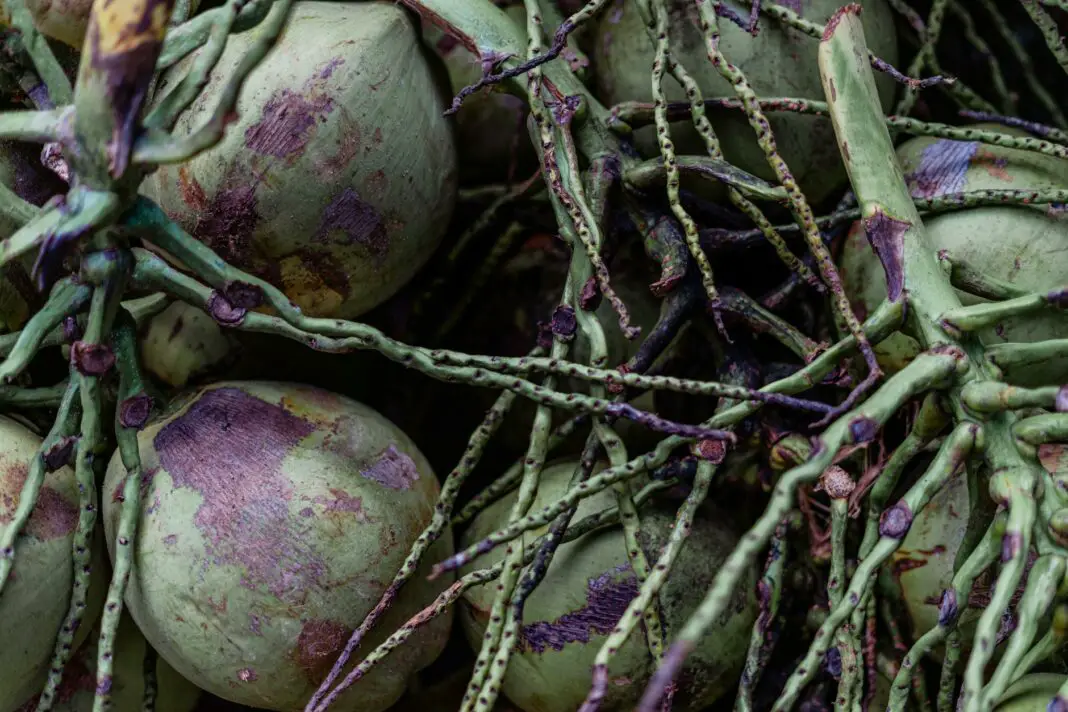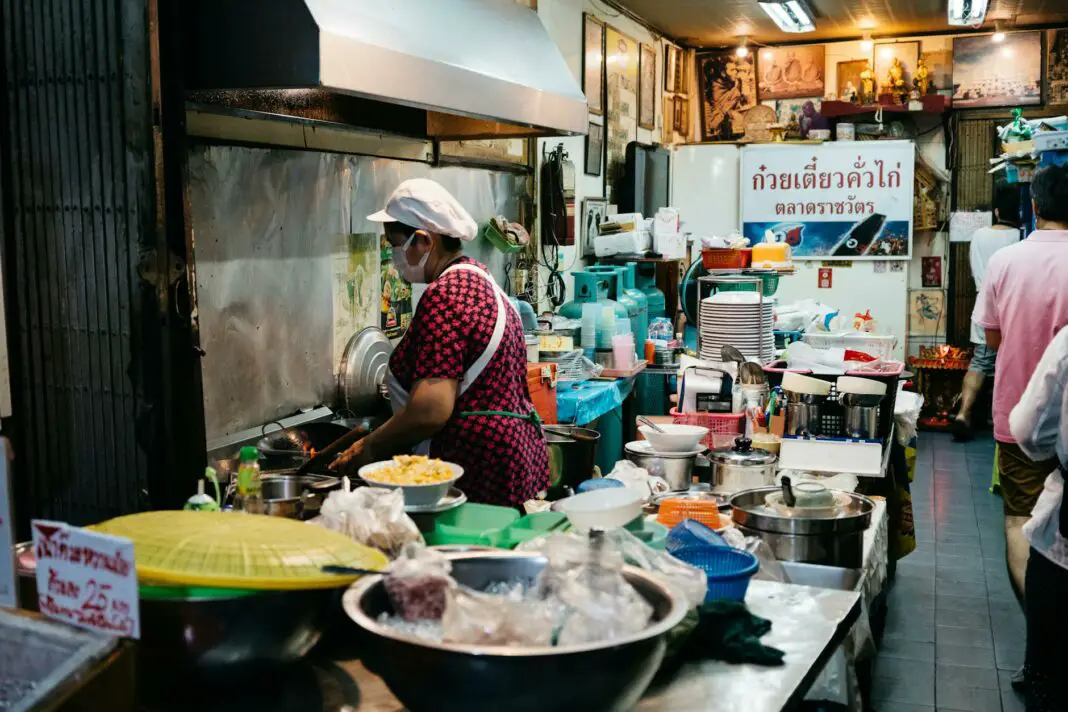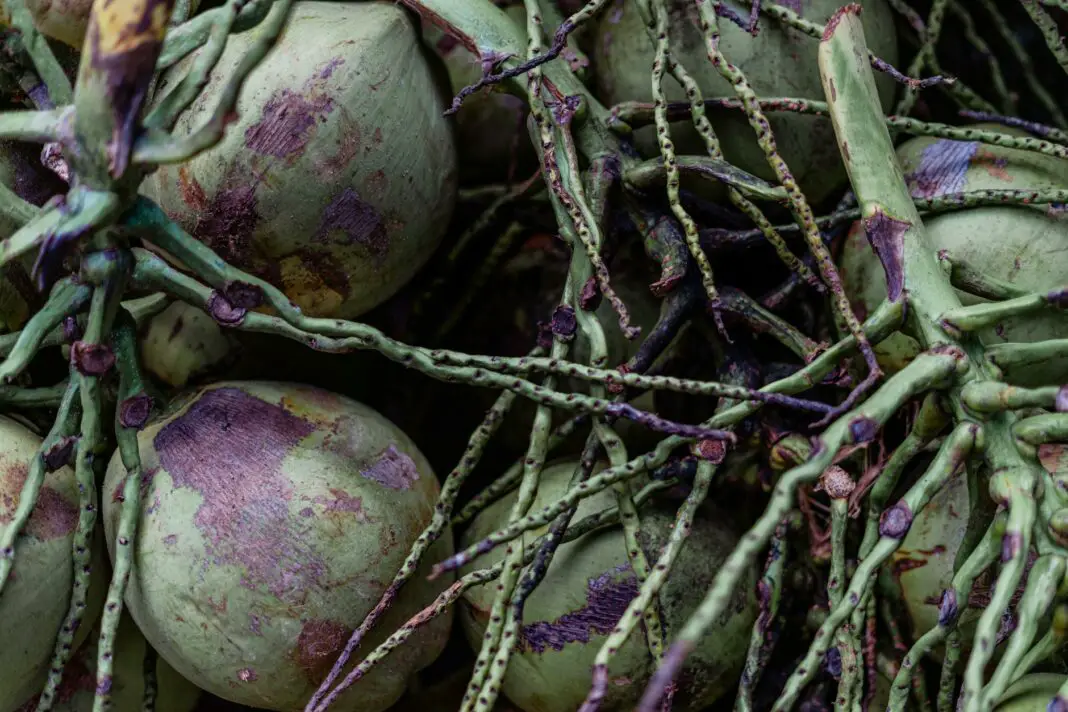Are you searching for a travel destination that tantalizes your taste buds while championing sustainability? Look no further than Thailand, a country that is rapidly emerging as a beacon of food sustainability. With its vibrant street food culture and a growing emphasis on organic farming, Thailand offers not only exquisite gastronomical delights but also leads the charge in environmentally friendly practices. This blog delves into the intricate relationship between Thailand’s culinary scene and its commitment to sustainable food practices, challenging traditional notions of indulgence and sustainability.
As you immerse yourself in Thailand’s lush landscapes and bustling markets filled with fresh produce, you’ll soon realize that this enchanting country is more than just a haven for food lovers. It is home to innovative agricultural methods that ensure the sustenance of both the planet and its people. Join us as we explore the secrets behind Thailand’s food sustainability and answer the pressing question: Is Thailand the secret paradise for food sustainability?
Table of Contents
- Understanding Sustainable Agriculture in Thailand
- The Role of Local Food Culture
- The Surge of Organic Farming
- Experience Cooking Classes for Sustainability
- Inspiring Real-Life Examples
- How You Can Participate
- Ask the Experts: Your FAQ Section
- Final Thoughts: Embracing a Sustainable Future in Thailand
Understanding Sustainable Agriculture in Thailand
Thailand is renowned for its diverse agricultural practices, deeply rooted in tradition and local knowledge. The country’s emphasis on sustainable agriculture is vital for ensuring both food security and environmental health. Sustainable practices, such as integrated pest management and polyculture farming, are gaining traction among local farmers. Instead of relying exclusively on chemical inputs, many farmers employ natural alternatives, promoting biodiversity and soil health. By harnessing traditional wisdom and modern techniques, Thailand is paving the way for a more sustainable agricultural model that not only feeds its population but also protects its stunning ecosystems.
Transitioning toward a sustainable agricultural system requires cooperation among all stakeholders in the community, including farmers, consumers, and policymakers. This collaborative approach can lead to increased awareness and education about sustainable practices. As production techniques evolve, new markets are emerging for organic produce, demonstrating that sustainability and profitability can coexist harmoniously in Thai agriculture. By prioritizing sustainable agriculture, Thailand becomes a model for other nations seeking to balance economic growth with environmental responsibility.
The Role of Local Food Culture
Thai cuisine is much more than just a collection of recipes; it embodies the culture, traditions, and values of its people. The local food culture in Thailand places immense importance on seasonal ingredients, often sourced from nearby farms. Markets brimming with fresh produce and aromatic herbs are commonplace, creating a direct connection between consumers and farmers. This connection fosters an appreciation for local agriculture, encouraging the consumption of fresh, in-season produce and reducing carbon footprints associated with long-distance food transportation.
Moreover, Thai food culture emphasizes the use of local ingredients, ensuring that recipes not only reflect the region’s bounty but also support local economies. The character of dishes, rooted in their agricultural origins, provides a unique culinary experience that is both delicious and sustainable. By celebrating local flavors and supporting nearby farmers, Thailand’s food culture serves as a vibrant example of how gastronomy can drive sustainability and contribute to the wellbeing of both people and the planet.
The Surge of Organic Farming
One prominent aspect of Thailand’s commitment to food sustainability is the surge of organic farming throughout the countryside. Organic farms have proliferated in recent years, reflecting a nationwide shift toward eco-friendly practices. These farms employ techniques that avoid synthetic fertilizers and pesticides, prioritizing soil health and biodiversity. The result? Cleaner, healthier food options rich in nutrients. As consumers become more conscious of their food choices, the demand for organic products is on the rise, prompting farmers to transition toward organic methods.
This pivot not only benefits consumer health but also encourages farmers to adopt environmentally responsible practices that protect ecosystems. Many Thai farmers are even embracing organic certification, opening doors for export opportunities and enhancing their global market appeal. The vibrant growth in organic farming illustrates Thailand’s dedication to sustainable practices while providing delicious, fresh produce for local communities and beyond.
Experience Cooking Classes for Sustainability
Immersing yourself in Thailand’s culinary traditions goes beyond simply tasting the food; it involves actively participating in the creation of dishes rooted in sustainability. Cooking classes in Thailand frequently focus on using locally sourced, organic ingredients, fostering a deeper understanding and appreciation of sustainable food practices. By learning to cook authentic Thai dishes, such as green curry or pad Thai, participants gain insight into both the cultural significance of these recipes and the importance of sustainable sourcing.
Some cooking classes even offer excursions to local markets or farms, allowing participants to witness firsthand where their ingredients come from. This hands-on experience solidifies the connection between food, culture, and sustainability, showing that every culinary creation can be an opportunity to champion responsible practices. As you explore the rich flavors of Thailand, you’ll leave with not only delicious recipes but also inspiration for sustainable cooking back home.
Inspiring Real-Life Examples
Throughout Thailand, numerous grassroots movements are making waves in the world of food sustainability. For instance, the **Sustainable Food Tourism Thailand** initiative aims to promote sustainable practices among culinary professionals and travelers alike. By supporting environmentally friendly restaurants and encouraging farm-to-table dining experiences, this initiative showcases how gastronomy can lead the charge toward sustainability. Numerous chefs are leading by example, utilizing organic farms and showcasing local ingredients on their menus.
Another exemplary model is the **Thai Organic Farmers Association**, which is championing the growth of organic farming by providing knowledge, supporting fair trade agreements, and encouraging cooperation among producers. These inspiring efforts demonstrate that sustainability is not a solitary endeavor but a collective journey involving communities working hand-in-hand. They serve as powerful reminders that food sustainability is achievable, and it can begin on a local level, rippling out to influence broader consumer habits.
How You Can Participate
Feeling inspired to contribute to food sustainability during your own Thailand adventure? Start by consciously choosing restaurants that prioritize local, organic ingredients. Support farmers’ markets and look for regional specialties on menus. Engaging with local tour operators that focus on sustainable practices can also enhance your travel experience. Remember, positive change begins with informed consumers making conscious food choices.
Participate in community-based tourism activities, such as farm visits or cooking classes, to deepen your understanding of Thai culture while contributing to local economies. Your journey can be more than just a mere visit; it can be a transformative experience that promotes sustainability in your travels and leaves a lasting impact on the places you explore.
Ask the Experts: Your FAQ Section
- What does sustainable food mean? Sustainable food refers to food that is produced, processed, and transported in a way that is environmentally friendly, socially responsible, and economically viable.
- How can I find sustainable food options in Thailand? Look for restaurants with farm-to-table practices, visit local markets for fresh produce, and explore organic farms that welcome visitors.
- Are cooking classes in Thailand focused on sustainability? Yes, many cooking classes emphasize using local, organic ingredients and often include visits to markets or farms.
- What efforts is Thailand making toward food sustainability? Thailand is promoting organic farming, encouraging local consumption, and fostering community education about sustainable practices.
Final Thoughts: Uncover Thailand’s Sustainable Food Secrets
Thailand exemplifies the incredible potential for food sustainability, interweaving rich culinary traditions with environmentally responsible practices. As travelers and food enthusiasts journey through this beautiful country, they inadvertently support sustainable agricultural systems and nourish local economies. So, the next time you savor that delicious Thai dish, remember that every bite you take is part of a larger movement toward a sustainable future. Embrace the flavors, relish the experiences, and contribute to a world where food sustainability thrives, inspired by the heart and soul of Thailand.
Image Credit: Pexels





